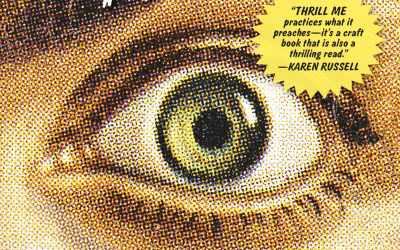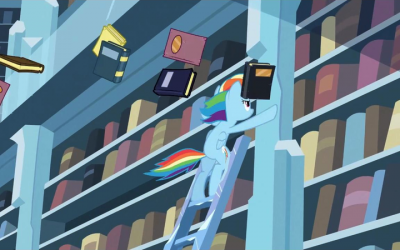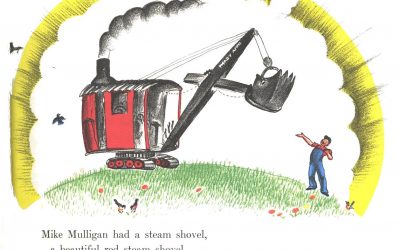What Happens When A Man Falls From The Sky, by Lesley Nneka Arimah, Reviewed by Chavonn Williams Shen
What Happens When A Man Falls From The Sky Lesley Nneka Arimah Penguin Random House April 2017 ISBN 0735211027 240 Reviewed by CHAVONN WILLIAMS SHEN When I was first given the task to write a book review for Lesley Arimah’s What Happens When a Man Falls From the Sky,...
THRILL ME: ESSAYS ON FICTION, By Benjamin Percy, Reviewed by Maya Wesman
Thrill Me: Essays on Fiction Benjamin Percy Graywolf Press October 2016 ISBN 978-1-55597-759-7 184 pages Reviewed by MAYA WESMAN Benjamin Percy’s book Thrill Me: Essays on Fiction is a joy to read. As a writer, I am always looking for insight from other writers,...
Writing is not the WORST: Advice from Parks and Recreation, By Rebecca Higgins
Let’s face it. Writing can definitely feel like the WORST (P.S. You get a million and five extra credit points if you read that in a Jean-Ralphio voice.). You are alone in your room or maybe you have a sleeping cat on your lap like me, and you’re in the constantly...
Queer Eye for the Straight Writer: How to Better Write LGBT+ Characters, By Connor Byrne
"Write what you know." An old adage for writers going back to who knows when that basically means writing stuff you're familiar with is easier. Which is bullshit. If that's the case, nobody should ever write a character different from them. In pursuit of writing...
Tips for Succeeding As a Writer After College, By Courtney Yokes
Life after college is daunting, especially for those of us who are graduating soon. Currently I’m a senior and will be graduating with a BFA in creative writing. I’m nervous about life after college, and I know I’m not the only student who worries about becoming...
RABBIT CAKE, By Annie Hartnett, Reviewed by Alex Werner
Rabbit Cake Annie Hartnett Tin House March 2017 ISBN 9781941040560 377 pages Reviewed by ALEX WERNER Rabbit Cake is Annie Hartnett’s debut novel about a young girl named Elvis and the details of her life following her mother’s death. The novel has received praise...
The Benefits of Talking Animals, By Taylor Elgarten
When I was younger, I didn’t think twice about the fact that Peter Rabbit wore a jacket, or that Simba talked and sang. It was entertainment. It was just how the stories were told. Through animals. As a writer, I began wondering the benefits of such a ploy. What did...
Teach Them Young, By Maya Wesman
Without any considerable effort, most of us could probably name plenty of books from our childhood that had a great impact on us. Whether we liked the characters, the pictures, or simply the association of something with the book, we all have those books we read over...
Creative Writing Touchdowns from a Sports Writer, By Rebecca Higgins
Okay, so you probably saw the headline and groaned about how much you hate sports or were completely on board with this train. Either way, I will give you all the tips and tricks from sports writing so you don’t have to figure it out on your own. Trust me, it’s a long...
Poetry & Rap: Proof That Poetry Is Alive and Thriving, by J.R. Selmi
Some say poetry is a dying art form. After centuries upon centuries of being a part of the human experience, predating literacy and the printing press, poetry has somehow lost its real world relevance. This is the form whose musical characteristics made ancient poets...
Plotter vs. Pantser: What Kind of Writer Are You?, By Jessica Mausolf
Beginning a project is an extremely daunting task. Staring at that blank screen—or blank page if you’re old school like me—can be nerve wracking, exciting, and maybe even frustrating. Some of the time you come to the page with just an idea, a thought of what you would...
DEAD MAN’S FLOAT by Jim Harrison, Reviewed by Alex McCormick
Dead Man's Float Jim Harrison Copper Canyon Press 2016 ISBN 978-I-55659-445-8 107 pages Reviewed by ALEX McCORMICK Despite its grim title, Dead Man’s Float opens with a whimsically meta poem titled “Where Is Jim Harrison?” Jim Harrison himself tells us that “He fell...










